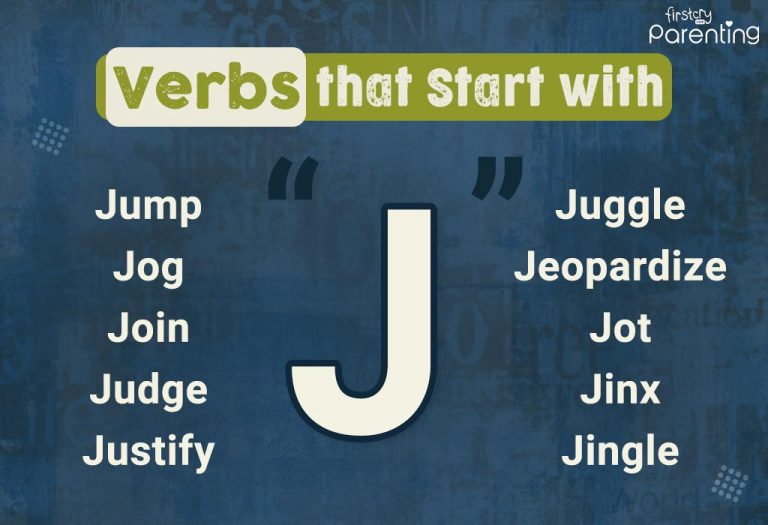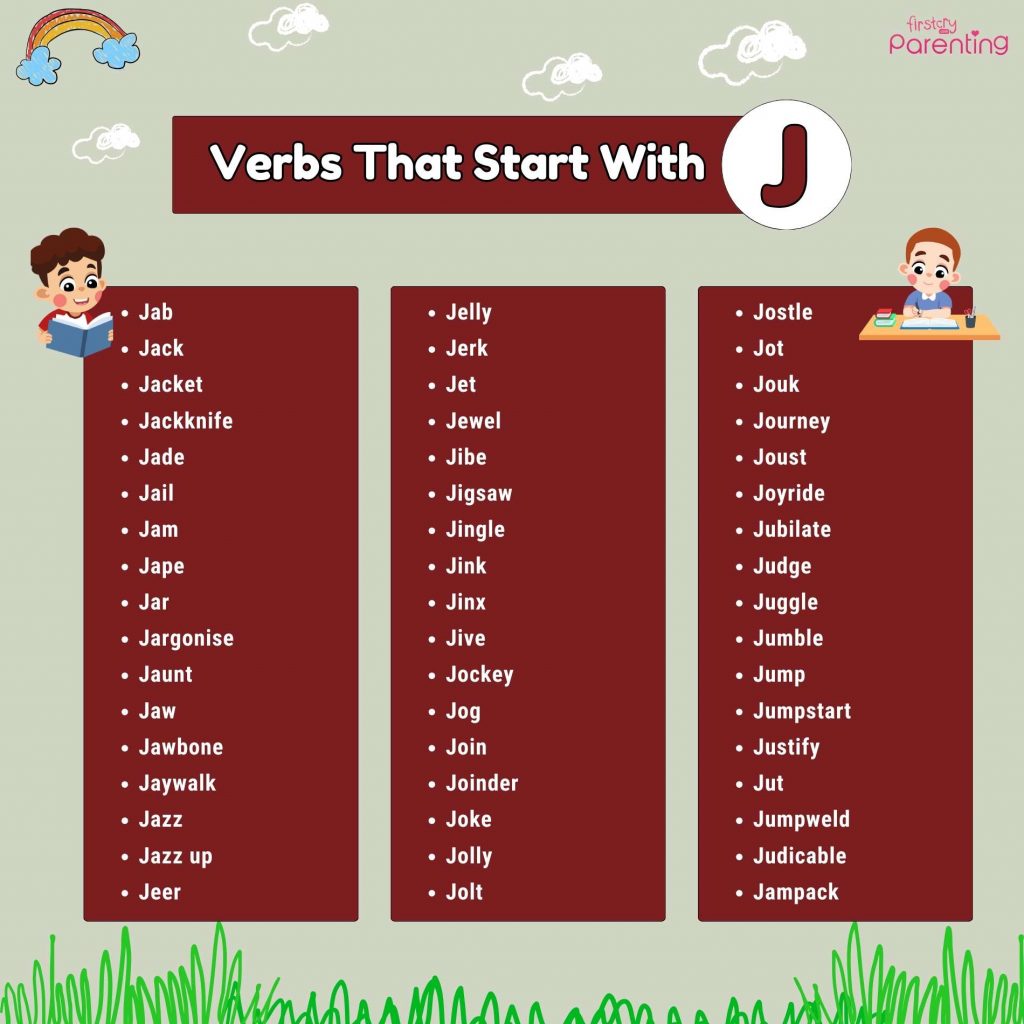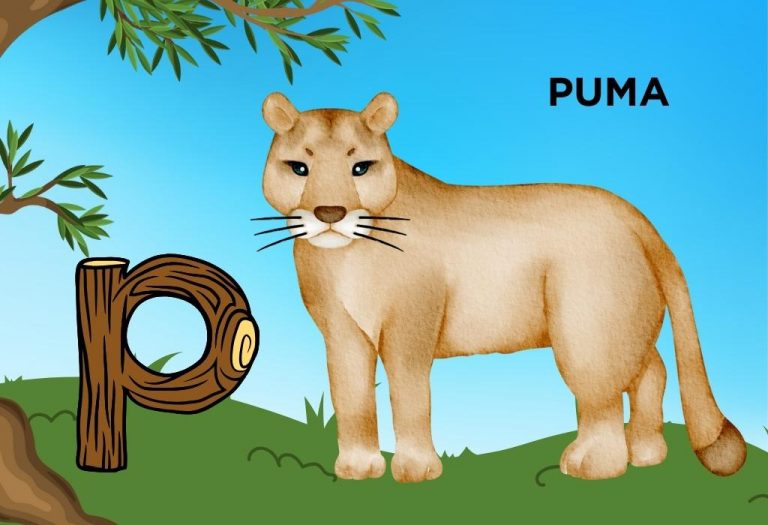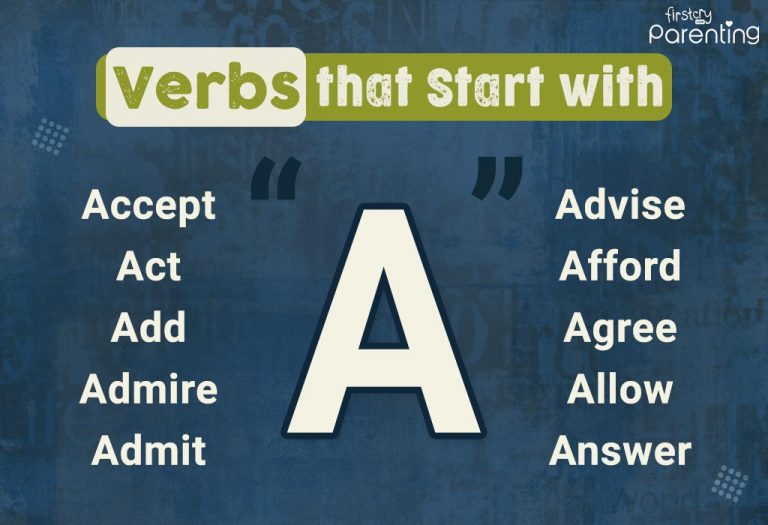Verbs That Start With J in English (With Meanings & Examples)
Welcome to the enchanting world of words, where every letter plays a crucial role in shaping our language and communication! Today, we’re diving into the joyous journey of exploring verbs that start with J in English, a topic that’s intriguing and essential in broadening the vocabulary for kids, including preschoolers. This guide is tailored to be your friendly companion as you navigate these verbs, making it an enjoyable learning experience for your little ones. With an emphasis on verbs that start with J for preschoolers and kids, we aim to lay a foundation that enriches their vocabulary, enhances their language skills, and ignites a lifelong passion for learning. So, let’s embark on this educational adventure together, discovering the meanings and examples of these fascinating verbs, all while keeping the tone warm, personal, and engaging.
What Are the Verbs Beginning With J?
Verbs beginning with J encompass a variety of actions, states, and occurrences that enrich our conversations and writings. These verbs starting in J offer a unique collection that, although it might seem limited at first glance, plays a significant role in diversifying our expressions and enhancing our vocabulary. From “jump” to “justify,” these verbs with J add a joyful flavour to English, allowing speakers and writers to convey their thoughts with clarity and creativity.
Common Verbs Starting With J
Diving into the alphabet, it’s time to spotlight the “English verbs starting with J,” which might be less frequent in daily use but are equally crucial for effective communication. These verbs offer a range of actions and states, enriching our sentences and helping us to articulate our thoughts more vividly. From journeys to judgements, let’s explore 15 common verbs that start with J, understanding their meanings through examples to make learning more engaging and memorable.
1. Jam
To push or cram (something) into a space or container.
Example: He jammed his clothes into the suitcase, hoping it would close.
2. Jazz up
To make something more lively or exciting.
Example: She decided to jazz up her living room with colourful pillows and wall art.
3. Jeer
To make rude and mocking remarks, typically in a loud voice.
Example: The opposing team’s fans jeered at us after the victory.
4. Jeopardise
To put (someone or something) into a situation with a danger of loss, harm, or failure.
Example: Skipping too many classes could jeopardise your chances of passing the course.
5. Jingle
To make or cause to make a light metallic ringing sound.
Example: The keys jingled in his pocket as he walked.
6. Jinx
To bring bad luck or spell lousy luck on someone or something.
Example: He joked that he didn’t want to jinx the outcome by being too confident.
7. Jog
To run at a steady, gentle pace, especially as a form of physical exercise.
Example: Every morning, she jogs around the park to energise her day.
8. Join
To link or connect two or more elements.
Example: We decided to join our tables to accommodate everyone at the family gathering.
9. Jot
To write something quickly or briefly.
Example: She jotted down the phone number on scrap paper.
10. Journey
To travel from one place to another, usually over a long distance.
Example: They journeyed across the desert on camels.
11. Joust
To engage in a sports contest where two opponents on horseback fight with lances.
Example: Knights would joust in tournaments to show their bravery and skill.
12. Judge
To form an opinion about someone or something.
Example: It’s important not to judge a book by its cover.
13. Juggle
To continuously toss into the air and catch (several objects) so that at least one of them is in the air while the others are being handled.
Example: The clown amazed the audience as he juggled three brightly coloured balls effortlessly.
14. Jump
To leap off the ground or another surface through the force of the legs.
Example: The cat jumped onto the windowsill to better view the birds outside.
15. Justify
To show or prove to be proper or reasonable.
Example: He needed to justify his decision to his peers to avoid misunderstanding.
These verbs, beginning with J, add a distinct flavour to our language, proving that even the less commonly used letters can offer a rich array of expressions. Whether it’s the physical action of jumping or the mental process of justifying, these verbs allow us to navigate the world with greater nuance and understanding.
Action Verbs That Start With J
In the vibrant spectrum of English, action verbs that start with the letter J provide a dynamic and vivid way to describe movements and activities. These verbs add energy and precision to our sentences and enable us to depict a wide range of actions, from everyday tasks to extraordinary feats. Let’s dive into 15 action verbs that begin with J, illustrating each with an example to showcase their usage and bring their meanings to life.
1. Jab
To poke quickly and sharply, often with a thin or pointed object.
Example: He jabbed the air with his finger to emphasise his point during the debate.
2. Jabber
To talk rapidly and unintelligibly.
Example: The parrots in the pet store jabbered incessantly, mimicking the sounds of their surroundings.
3. Jackknife
To fold or bend sharply, resembling the folding of a jackknife.
Example: The truck jackknifed on the icy road, causing a significant traffic jam on the highway.
4. Jangle
To produce a harsh, discordant sound, often by clashing metallic objects together.
Example: The keys jangled loudly as he ran down the hallway, searching for the noise source.
5. Jargonise
To use specialised or technical language or terminology, often to the point of excluding others.
Example: The scientist jargonised his presentation, confusing the audience and needing help understanding the key points.
6. Jet
To travel by aircraft, or to move quickly as if propelled by a jet engine.
Example: She jetted off to Paris for a spontaneous weekend getaway.
7. Jettison
To discard or abandon something, especially something considered unnecessary or burdensome.
Example: The spaceship had to jettison excess fuel to lighten its load and reach its destination safely.
8. Jibe
To change direction when sailing by shifting the sail from one side of the vessel to another.
Example: The captain jibed the sailboat expertly, navigating the sudden change in wind direction.
9. Jitterbug
To dance energetically, significantly to swing or jazz music, characterised by fast movements and spins.
Example: The couple jitterbugged across the dance floor, twirling and spinning gracefully.
10. Jockey
To manoeuvre or manipulate something, often strategically or competitively.
Example: The two candidates jockeyed for position in the polls, each trying to gain an advantage.
11. Joggle
To shake or jolt slightly, often repeatedly.
Example: The loose wheel on the cart continued to joggle as it rolled down the uneven path.
12. Jolt
To move suddenly and sharply, usually due to a surprise or shock.
Example: The sudden sound of thunder jolted us awake in the middle of the night.
13. Jostle
To bump, push, or shove roughly, often in a crowd.
Example: We jostled through the crowded marketplace to reach the food stalls.
14. Jounce
To bounce or jolt roughly, especially while travelling over a rough surface.
Example: The old car jounced along the unpaved road, shaking its passengers with each bump.
15. Juice
To extract the juice from fruits.
Example: Every morning, he juices a mix of carrots, apples, and ginger for a healthy start.
These action verbs that verb start with the letter J encapsulate a diverse range of physical and symbolic movements, enriching our ability to convey actions with specificity and flair. From the precision of jabbing to the adventure of jetting off, each verb brings its unique energy to the narratives we create.
Positive Verbs That Start With J
The English language is adorned with verbs that describe actions, convey positivity, and uplift the spirit. Positive verbs that start with J are like jewels, adding sparkle and optimism to our conversations and writings. These verbs embody actions that encourage, enhance, and celebrate the good in life. Let’s explore 15 such verbs, each accompanied by an example to illustrate its positive impact and how it can be used to inspire and motivate.
1. Jade
To make something appear more attractive.
Example: She decided to jade her favourite vase.
2. Jape
To joke in a playful or teasing manner.
Example: My friends and I would jape during the long car ride.
3. Jaspe
To make a rough surface smooth and polished.
Example: The sculptor could finally jaspe the marble into a beautiful, polished masterpiece.
4. Jewel
Metaphorically, it is used to adorn or enhance something in a way that makes it more valuable or attractive.
Example: She jewelled her presentation with interesting facts that captured everyone’s attention.
5. Jigsaw
To solve a puzzle, often used to describe the process of understanding complex situations.
Example: I could finally jigsaw together the solution to the complex problem.
6. Jink
To make a sudden movement to avoid something signifying agility and fast reflexes.
Example: The soccer player easily jinked past the defender, showcasing his impressive footwork.
7. Jive
To dance in a lively manner, often leading to joy and entertainment.
Example: At the party, everyone jived to the upbeat music, enjoying themselves immensely.
8. Joke
To tell something humorous, causing laughter or amusement.
Example: He joked to keep everyone’s spirits up during the long car ride.
9. Jolly
To make cheerful or jolly; to brighten up.
Example: He always knows how to jolly the team, even on tough days.
10. Jovial
To be full of high-spirited merriment, to spread joy around.
Example: His jovial nature made him the life of every gathering, spreading laughter and joy wherever he went.
11. Joyride
To ride in a car or other vehicle without a particular destination.
Example: We decided to joyride through the countryside.
12. Jubilate
To show or express great joy; to celebrate.
Example: The whole town jubilated when the local team won the championship.
13. Jump-start
To start (an engine or vehicle) by temporarily connecting it to another power source; metaphorically, to quickly start or reinvigorate a process.
Example: The workshop jump-started his creativity, leading to new ideas for his project.
14. Jut
To extend out creating a noticeable appearance, often used to describe a building.
Example: The skyscraper juts out from the city skyline, creating a breathtaking view for everyone.
15. Juxtapose
To place or deal with close together for contrasting effect, often leading to insightful outcomes.
Example: The exhibit juxtaposed modern and traditional art, creating a fascinating dialogue between the two.
These positive verbs, starting with J, are powerful tools in language, capable of transforming narratives into uplifting messages. By incorporating these verbs into our daily communication, we can inspire positivity, encourage action, and celebrate the beauty of engaging with life and each other.
More Verbs That Begin With J
While we’ve explored a variety of verbs starting with J across different contexts, the English language holds even more treasures under this letter. These verbs, from everyday activities to specific, less common actions, enrich our vocabulary and offer new ways to express ourselves. This section will list 50 additional verbs that begin with J, expanding our linguistic horizons further. These verbs will be a quick reference to diversify your verb usage and enhance your expressions.
| Verbs | ||
| Joinder | Jumpweld | Jeopard |
| Jack | Judicable | Justle |
| Jacket | Judgment | Jetwash |
| Jillick | Jaw | Jibe (agree) |
| Jail | Jaywalk | Jut |
| Jam | Judder | Juxtaposit |
| Jigger | Judaise | Jargle |
| Jar | Jelly | Jarble |
| Jellify | Journalise | Jampack |
| Jarring | Jerk | Job |
| Jaundice | Jouk | Jacobinise |
| Jaunt | Joul | Jumar |
| Jaunty | Jollify | Join |
| Jawbone | Jiffy | Junket |
| Jaywalk | Jiggle | Junketeer |
| Jazz | Jilt | |
This comprehensive list includes verbs that convey a wide array of actions and states, from the communicative act of jabbering to the physical movement of jostling. Each verb opens new avenues for expression, allowing for more nuanced and precise descriptions of actions, feelings, and situations. Whether you’re crafting a story, engaging in conversation, or simply expanding your vocabulary, these verbs, beginning with J, are valuable tools to have at your disposal.
FAQs
1. What are some simple verbs that start with J for young learners?
Simple verbs like “jump,” “jog,” and “join” are great for young learners as they are easy to understand and can be demonstrated through actions, making them memorable and engaging.
2. How can learning verbs that start with J improve my English vocabulary?
Learning verbs that start with J can significantly enhance your English vocabulary by giving you a more comprehensive range of expression, enabling you to describe actions and thoughts more precisely and creatively in both spoken and written language.
Also, Discover the Verbs That Start With A to Z
| Adapt | Notice |
| Build | Operate |
| Compute | Produce |
| Design | Quantify |
| Entertain | Read |
| Focus | Solve |
| Gather | Teach |
| Hike | Update |
| Innovate | Value |
| Judge | Walk |
| Kick | Xerox |
| Listen | Yearn |
| Meditate | Zigzag |
Delving into verbs that start with J has unveiled a rich tapestry of language, offering us new ways to express actions, emotions, and states of being. From everyday activities to more abstract concepts, these verbs enrich our vocabulary and enhance our ability to communicate effectively and creatively. Embracing these verbs in our daily use of English broadens our linguistic repertoire and deepens our appreciation for the diversity and depth of the language.
Also Read: Verbs That Start With A to Z
| A | B | C | D | E | F | G | H | I | J | K | L | M |
| N | O | P | Q | R | S | T | U | V | W | X | Y | Z |
Was This Article Helpful?
Parenting is a huge responsibility, for you as a caregiver, but also for us as a parenting content platform. We understand that and take our responsibility of creating credible content seriously. FirstCry Parenting articles are written and published only after extensive research using factually sound references to deliver quality content that is accurate, validated by experts, and completely reliable. To understand how we go about creating content that is credible, read our editorial policy here.














.svg)
















